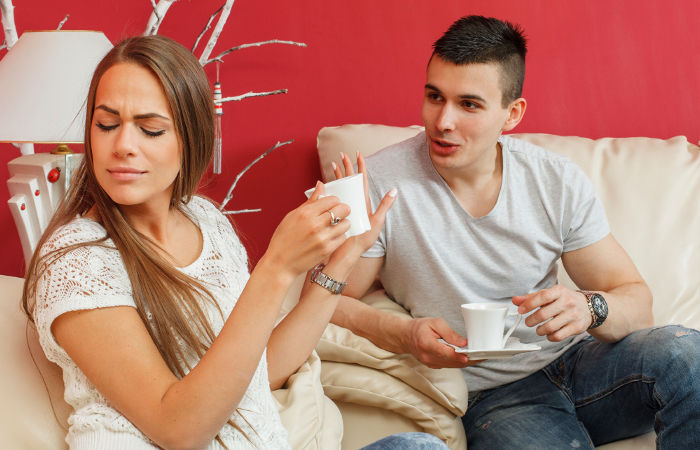Emotional Abuse: the non-physical side of domestic violence

“Well he doesn’t necessarily hit me, but sometimes it feels just as bad,” a client stated to me when describing her feelings regarding her partner’s treatment of her.
While working with past male and female clients, I began noticing a trend of behaviors that several of them reported encountering in their relationships. Much like the quote mentioned above, many clients indicated having difficulty processing and understanding what they were experiencing. Unknown to them, they were sufferers of emotional abuse. Emotional abuse is what I like to call the non-physical side of domestic violence. It is often misunderstood, overlooked, and wrongly regarded as a practice of love. The occurrence of this nature of abuse is not exclusively limited to intimate relationships, but can be present in any personal connection.
To clarify, this does not reference the common existence of relationships woes, like minor disagreements and the classic good and bad times that we all experience at some point. However, it is important to recognize what emotional abuse looks like, how it feels, and the impact it could have on your mental health.
Here are a few signs of emotional abuse:
If these signs are an echo of your current experience or someone you may know, it is imperative to be aware of the impact that this type of abuse has on your emotional/mental health. Sufferers may experience having low self-esteem, anxiety, stress, physical ailments, depression, sleep disruptions, and many more. Surely, there is still hope. The first stage of overcoming emotional abuse and surviving its effects, is learning to regain your identity, self-worth, and confidence. Speak with an Elttila Counselor to discuss these factors and make strides to reinvent a healthier you. No judgment. No victims, only victors.
Written by Brianna Colbert, MA, LLPC.
Symptom Checker
